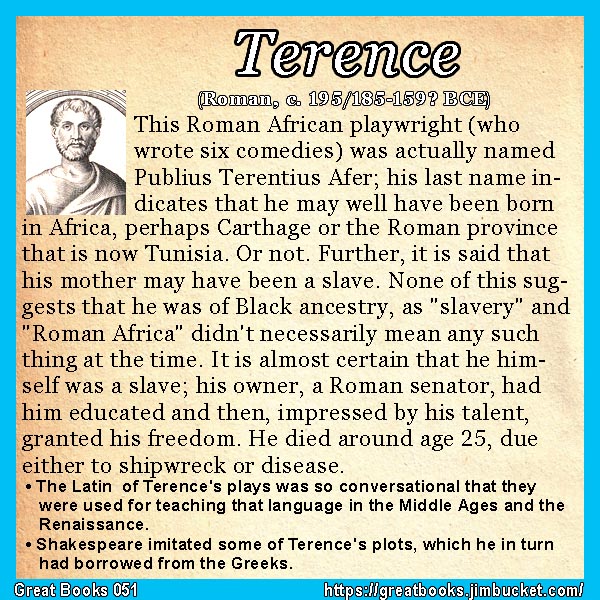THE NAG HAMMADI LIBRARY (Coptic Christian, 3rd-4th centuries CE)
In 1945 an Egyptian farmer found 13 leather-bound papyrus codices (similar to books, not scrolls) buried in a meter-high sealed jar in a cemetery, perhaps during a simple grave robbery. The finder at first feared the jar might contain a "genie," but when he realized there might be gold inside, he smashed it with gusto. He took the documents home and dumped them next to the oven; his mother admits to having used many pages for kindling. What remains are 52 treatises, most of them Gnostic texts (including the Gospel of Thomas). They were translated into Coptic, a late form of Egyptian, from earlier Greek manuscripts. The collection is named for the Upper (southern) Egyptian town near which it was found; it is currently housed in the Coptic Museum in Cairo, Egypt.





